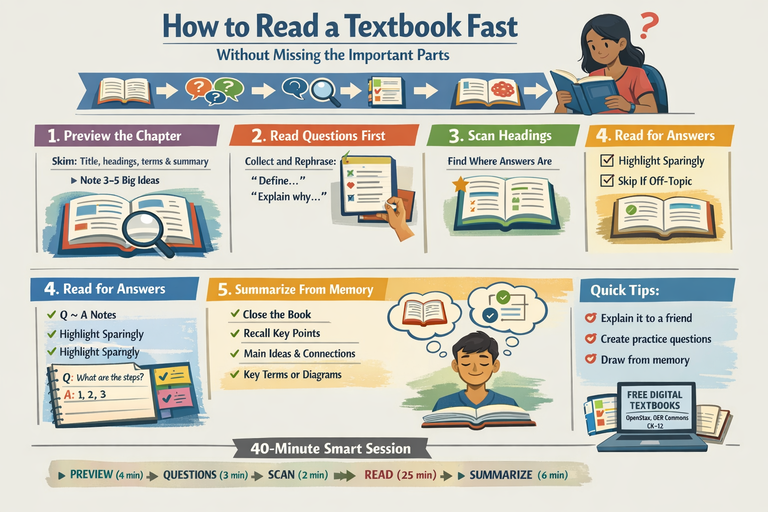The Ethics of Profit: How Novels Tackle Moral Dilemmas in Business Deals
In the world of business, the pursuit of profit is often celebrated as a marker of success. However, as many novels reveal, the drive for financial gain frequently collides with moral and ethical considerations. Fictional narratives have long explored the complexities of business deals, unearthing the moral quandaries and ethical conflicts that arise when profit is prioritized over principles.
Through their characters and plotlines, these novels invite readers to reflect on the true cost of wealth and the price of compromised integrity.
The Allure of Wealth: When Success Comes at a Cost
Novels often depict characters who are lured by the promise of wealth, only to discover the moral compromises required to attain it. In The Great Gatsby by F. Scott Fitzgerald, Jay Gatsby’s pursuit of wealth is marred by corruption and shady business dealings. While Gatsby’s fortune brings him closer to his dreams, it also distances him from genuine human connection and moral integrity. His obsession with status and wealth ultimately leads to his downfall, illustrating the emptiness that often accompanies ethically questionable success.
Similarly, Bonfire of the Vanities by Tom Wolfe portrays the financial elite of New York City, whose pursuit of power and wealth blinds them to the moral consequences of their actions. Characters manipulate markets, bend laws, and exploit others to maintain their luxurious lifestyles, painting a stark picture of moral decay driven by greed.
Corporate Greed and Ethical Boundaries
Fiction frequently explores the darker side of corporate ambition, where ethical boundaries are tested in the name of profit. In Glengarry Glen Ross by David Mamet, real estate salesmen are pushed to use unethical tactics to close deals. The pressure to succeed at any cost leads them to manipulate clients, falsify information, and betray one another. Mamet’s work is a sharp critique of the moral sacrifices often demanded in high-pressure business environments.
Another compelling example is The Circle by Dave Eggers, which examines how corporate power and ethical blindness can go hand in hand. As the tech company grows, its executives push boundaries of privacy and control, justifying invasive technologies with promises of profit and societal benefit. The novel questions the ethical implications of unchecked corporate growth and the cost of surrendering personal freedoms for financial gain.
The Dilemma of Doing Good vs. Doing Well
One of the most profound ethical questions in business is whether it’s possible to do good while also doing well. Literature often explores this tension, challenging characters to balance moral integrity with the demands of profit.
In Atlas Shrugged by Ayn Rand, the character Dagny Taggart strives to maintain her company’s success while upholding her personal values. Rand’s narrative presents the idea that profit and morality are not mutually exclusive, although the novel remains controversial for its staunch defense of capitalist ideals.
On the other hand, The Rainmaker by John Grisham portrays a legal battle where corporate greed is pitted against ethical action. The protagonist, Rudy Baylor, takes on a powerful insurance company guilty of fraud and corruption. His decision to fight for justice rather than settle for personal gain underscores the ethical dilemmas faced by those in powerful industries.
Ethical Redemption and Moral Awakening
Some business-based novels offer a path to redemption for characters who initially lose their moral compass. In A Christmas Carol by Charles Dickens, Ebenezer Scrooge’s obsession with profit blinds him to the needs of others. Through a supernatural journey, he learns that true wealth is found not in hoarding money but in generosity and kindness. His transformation is a powerful reminder that ethical behavior and compassion can coexist with financial success.
Similarly, in The Merchant of Venice by William Shakespeare, themes of mercy and justice clash with the pursuit of profit. Shylock’s rigid adherence to the terms of his business contract ultimately costs him dearly, highlighting the dangers of prioritizing money over humanity.
Final Thoughts: Can Profit and Ethics Coexist?
The tension between profit and ethics is a theme that resonates deeply within business literature. These fictional stories serve as mirrors, reflecting the real-world struggles many face in corporate environments. They challenge readers to consider the moral implications of their professional decisions and encourage thoughtful reflection on the true cost of success.
In a world where profit is often seen as the ultimate measure of achievement, these novels remind us that ethical considerations should not be sidelined in the pursuit of financial gain. Through their narratives, literature continues to question whether it’s possible to build wealth without sacrificing integrity—and whether the cost of doing so is truly worth the price.







